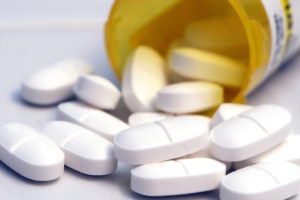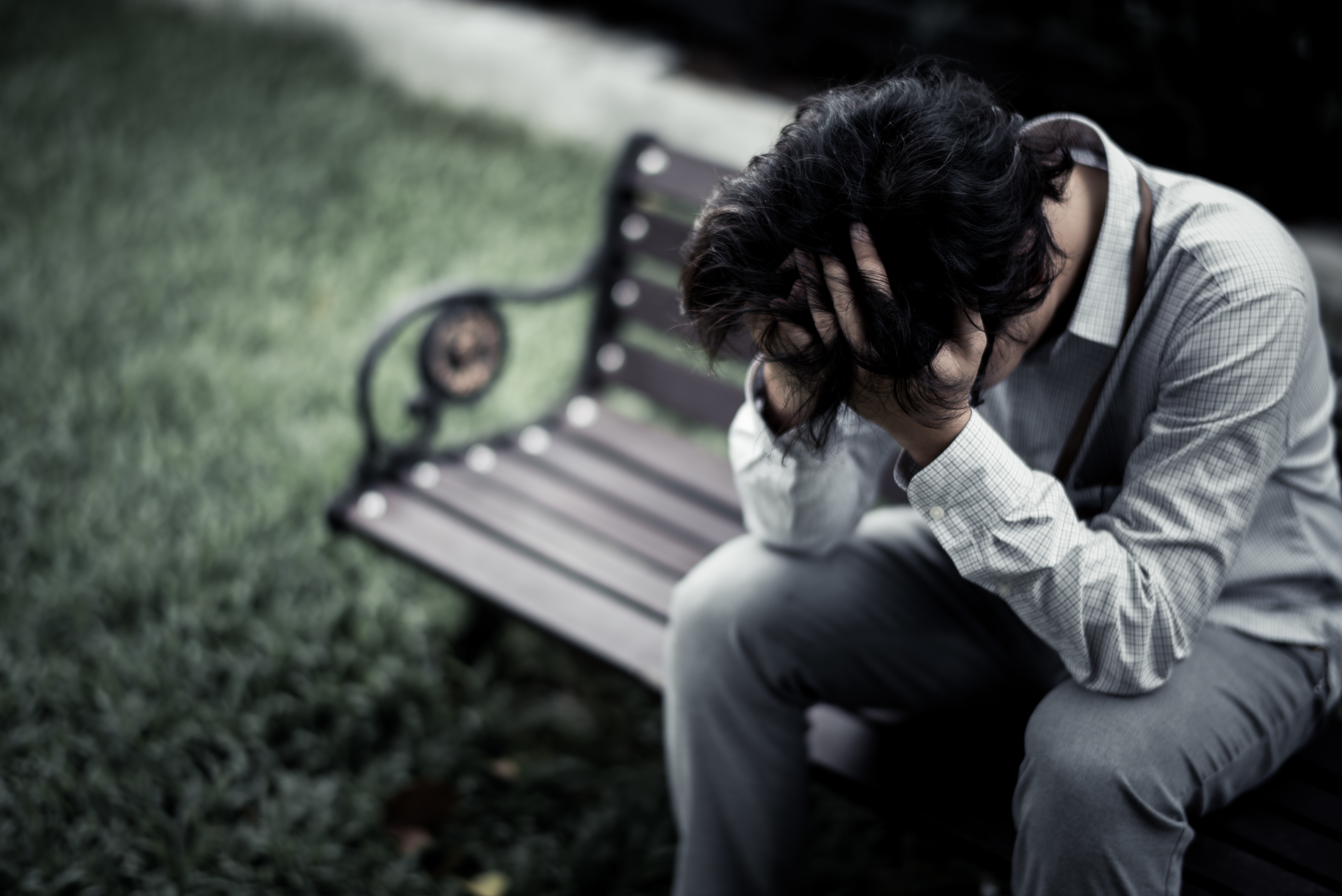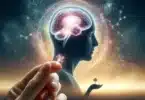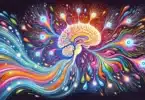According to the World Health Organization (WHO) about 1 in 4 people will be affected by a mental health disorder at some point in their lives, could CBD be the answer they’ve been searching for?
It’s true that there’s a multitude of treatment options on the market for those afflicted, but they often come with a host of unwanted side effects such as nausea, drowsiness, weight gain, and headaches. Some reactions are even more severe, like suicide thoughts and tendencies, which is extremely counterproductive. Using CBD for mental health disorders could be just as effective as prescription drugs in many cases, but much safer in terms of side effects.
Anxiety
Research indicates that CBD can be used as a natural remedy to alleviate anxiety. As a matter of fact, every few years a new study comes out showing its effectiveness; such as this 2011 study about using CBD to treat social anxiety disorder, or this study from 2015 about treating generalized anxiety with cannabidiol. There is also an active clinical trial going on right now testing CBD on 50 patients with various types of anxiety disorders. It’s expected to reach completion at the end of 2020.
To summarize the gist of these studies, it’s believed that CBD can decrease feelings of social isolation, reduce fear, and improve autistic tendencies. In the 2015 study, it was determined that CBD drastically improved symptoms of social anxiety, especially those associated with public speaking. Another study concluded that CBD interacted with the amygdala and hippocampus, both of which are centers of the brain that are affected by common anxiety medications.
Psychosis

Prescription medications for mental health disorders often come with side effects
Psychosis refers to a very challenging category of illnesses including schizophrenia and bipolar disorder. When looking at treatment options for this type of condition, it’s important to remember that avoiding THC is in the patient’s best interest. While CBD has been shown to minimize the effects of these mental health disorders, THC can actually induce psychosis in patients that are already prone to it.
In 2012, a double-blind, randomized clinical trial examined 40 schizophrenic patients who were split into two groups, half were taking 800mg of CBD and the other half were taking a prescription antipsychotic medication. Although both treatments proved to be equally effective, the CBD group experienced considerably fewer side effects. In 2018, another study with a larger group of subjects was published in the American Journal of Psychiatry. This time, 1000mg of CBD was tested against a placebo. After 42 days, the CBD group had less hallucinations, delusions, and paranoia, as well as slight improvements in cognitive abilities.
Depression
Depression affects nearly 16 million adults in the United States, and the numbers have been steadily increasing for the last 20 years. So, simply put, it’s a huge issue. The root cause of depression is an endocannabinoid deficiency that effects the 5-HT1A receptors and causes low levels of serotonin. Low levels of serotonin also cause the limbic system to shrink. The limbic system controls various emotions including fear, pleasure, hunger, anger, and sex drive. This is why people who are depressed often describe the feeling as “flat” or just “blah”, because it’s not just sadness they feel, but a general disinterest in things that once made them happy.
CBD studies done on mice resulted in increased serotonin levels. What’s interesting is that the CB1 and CB2 receptors had no involvement in this process, meaning that only CBD was effective for treating depression, not THC. Not only that, but the studies showed that CBD seemed to work much faster than traditional medication. Prescription antidepressants often take up to 3 weeks before the patient feels any effect. With CBD, the serotonin levels increased immediately after the first injection.
Post Traumatic Stress Disorder

Military personnel and veterans often struggle with PTSD
Multiple studies have proven cannabis (entourage effect, not just isolated cannabinoids) to be effective in managing the symptoms of Post-Traumatic Stress Disorder. Both of the major cannabinoids, THC (tetrahydrocannabinol) and CBD (cannabidiol), play a pivotal role in maintaining homeostasis for this debilitating mental health disorder. Research shows that cannabis can help reduce the intensity of stressful memories, offer relief from insomnia and night terrors, and even prevent symptoms of PTSD from ever occurring when administered immediately after a traumatic event.
Because cannabis has such a good track record in the treatment of PTSD symptoms, it’s actually on the list of qualifying medical conditions in 24 states. These include: Arizona, Arkansas, Colorado, Connecticut, Delaware, Florida, Hawaii, Illinois, Maine, Michigan, Minnesota, Montana, Nevada, New Hampshire, New Mexico, New York, North Dakota, Ohio, Oregon, Pennsylvania, Rhode Island, Vermont, Washington, and West Virginia.
Final Thoughts
Although this is quite a bit of information, it only begins to scratch the surface when discussing the vast potential CBD has to improve the mental health of people who may have been suffering for years. If you are currently dealing with one of the aforementioned issues, or a different condition entirely, talk to your doctor about trying different CBD supplements. It’s important not to discontinue any medications you’re currently taking until you speak with a health care professional.









Many of us are going through different mental issues and here the blame game goes to social media because no one knows what one is going through and by seeing different people on social media we believe that our lives are not like others. Here the issue starts and we over pressurise ourselves to chase someone else’s life and end up miserable. That leads to all these things but cbd is helping many people to overcome this and lead happy lives. I hope cbd is going to change the health industry in a better way as a natural supplement.